SustainMV 2021
The Sustainability Summer School
The Summer School SustainMV took place for the first time in 2021. Look back on our week full of inspiring talks, exciting workshops, interactive sessions with current students, university representatives and student sustainability initiatives, and more. Click on a session for more details.
Programme (16 – 20 August)
| 12:00 - 12:20 | 🙌 | Opening and Welcome This very first joint sustainability summer school will be opened by its patron Mrs Bettina Martin, Mecklenburg-Vorpommern’s Minister of Education, Science and Culture, and the Rectors of the universities hosting SustainMV: Neubrandenburg, Greifswald, Stralsund, Rostock, and Wismar. Mrs Bettina Martin, Ministry of Education, Science and Culture, Mecklenburg-Vorpommern Prof. Dr. Gerd Teschke, University of Applied Sciences Neubrandenburg Prof. Dr. Katharina Riedel, University of Greifswald Prof. Dr.-Ing. Petra Maier, University of Applied Sciences Stralsund Prof. Dr. Wolfgang Schareck, University of Rostock Prof. Dr. Bodo Wiegand-Hoffmeister, University of Applied Sciences Wismar | |
| 12:20 - 12:30 | ⏸️ | Break | |
| 12:30 - 13:30 | 🌍 | Keynote "Sustainability – From a Fuzzy Concept to a Guiding Principle" A recent online article is aptly titled: “Sustainability – confusing term for a clever concept“. This nicely summaries both the beauty and challenge in dealing with this important concept. The idea of sustainability first emerged with regards to forestry, where it means never harvesting more than what the forest yields in new growth. The word “Nachhaltigkeit” (the German term for sustainability) was first used with this meaning in 1713. Since then the concept of sustainability has come a long way. In general terms, sustainability means meeting our own needs without compromising the ability of future generations to meet their own needs. However, this is not restricted to the natural environment but also extends to social and economic resources. Thus, sustainability goes beyond environmentalism and also encompasses social equity and economic development. Sustainability can also be understood as a movement which has its roots in social justice, conservationism or internationalism. By the end of the 20th century, many of these ideas were united under the roof of “sustainable development” and found their most prominent expression in the Sustainable Development Goals (SGD) as the current global agenda for reducing poverty and raising the quality of life. Sustainability as a political and strategic concept has its origin in the Brundtland Report “Our Common Future” of 1987. The report was concerned with the tension between the aspirations of mankind towards a better life on the one hand and the limitations imposed by nature on the other hand.
The presentation traces the history of the concept of sustainability and critically discusses its many dimensions. | 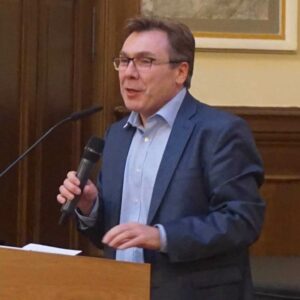 Prof. Dr. Jörn Dosch University of Rostock |
| 13:30 - 13:45 | ⏸️ | Break | |
| 13:45 - 14:45 | 🎓 | Uni Showcases The universities hosting SustainMV give short presentations to introduce themselves and the different study options they offer for sustainability-related and international programmes. | |
| 14:45 - 15:45 | 🎓 | Uni Showcases Q&A Question and answer session following on from the university showcase. Here you have the chance to connect to representatives from the hosting universities and find out more about their institutions. | |
| 15:45 - 16:00 | 👋 | Closing of the Day A brief closing statement to the day’s programme and pointers to extracurricular activities available. | |
| 16:00 - 17:00 | 👨👩👦👦 | Student Lounge The Student Lounge is a place for open exchange, networking and conversation. Meet other sustainability enthusiasts from our MV universities and around the world to review the day's sessions and deepen the discussions. |
| 11:00 - 12:00 | 👨👩👦👦 | Student Lounge The Student Lounge is a place for open exchange, networking and conversation. Meet other sustainability enthusiasts from our MV universities and around the world to review the day's sessions and deepen the discussions. | |
| 12:00 - 12:10 | 👋 | Welcome to the Day A brief introduction to the day’s programme and organisation | |
| 12:10 - 12:15 | ⏸️ | Break | |
| 12:15 - 13:15 | 🌍 | Seminar "Economics of Battery Use in Agriculture" The production of renewable energy fluctuates in terms of sun and wind and must be supplemented by storage in the system. On an individual basis, i.e., for centralized electricity production and predominantly self-consumption, the use of batteries is considered here. Possible future development scenarios were simulated based on current price relationships (status quo). In the status quo, a selling price for PV electricity of 13 Euro cents (ct)ct/kWh was assumed with a production cost of 11 ct/kWh. The selling price of wind power is 5 ct/kWh with a production cost of 3 ct/kWh. The cost of storing electricity in a battery increases the price by 33 ct/kWh. A price of 20 ct/kWh is assumed for electricity purchases by companies. In the status quo, the use of batteries is not economical given the assumed price relationships. Changing the framework conditions, such as those of the legislature in Germany with the nuclear power phase-out and in the EU with the coal exit and decarbonization, will lead to increased availability of (fluctuating) renewable electricity, especially during the day. The purchase of electricity at other times, when the supply is scarce, can lead to increased electricity prices, especially at night. Together with falling costs for storage, the use of batteries for centralized power generators could be very interesting in the future. The method used in this study is nonlinear optimization of the target function costs of electricity supply in the developed simulation model. The results can also be transferred to other countries, as the assumed trends apply worldwide.
| 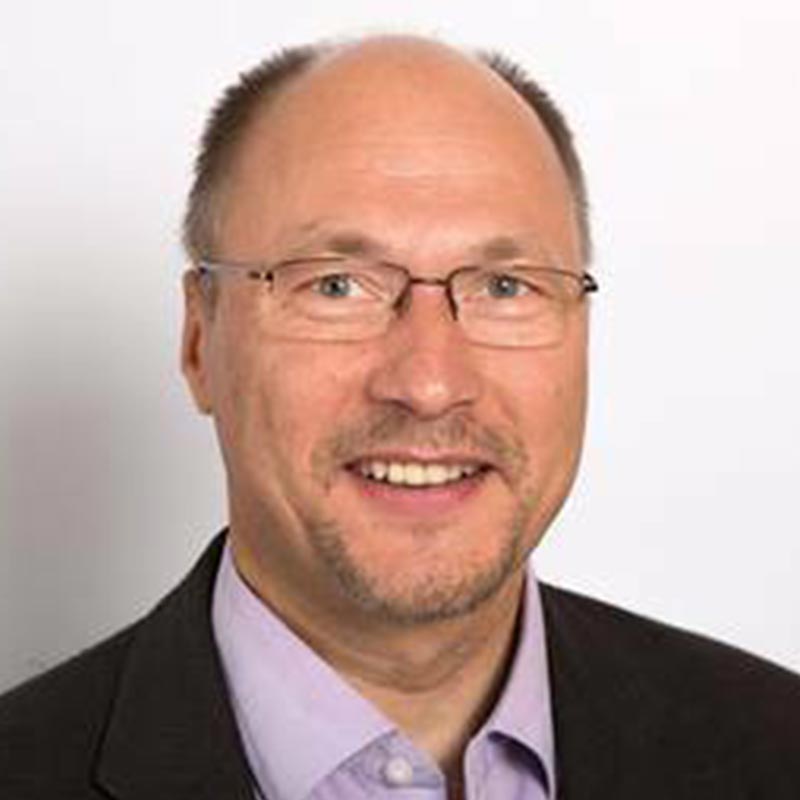 Prof. Dr. Clemens Fuchs University of Applied Sciences Neubrandenburg |
| 🌍 | Seminar "Enzymatic Degradation and Recycling of Plastics" This lecture will show recent examples for the enzymatic degradation of waste plastic materials, such as PET, aiming at a circular bioeconomy. | 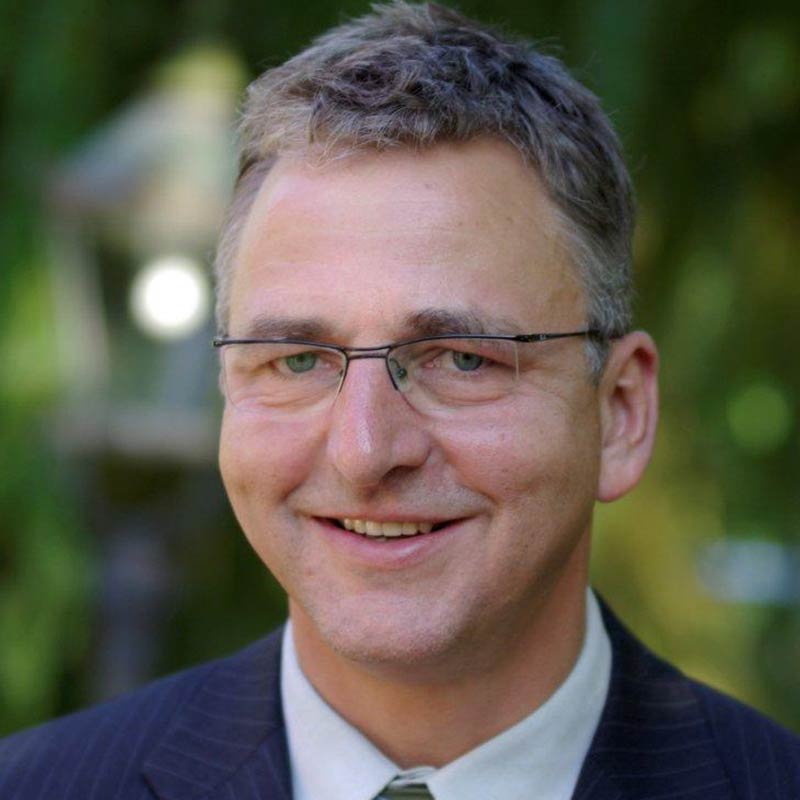 Prof. Dr. Uwe Bornscheuer University of Greifswald |
|
| 13:15 - 13:30 | ⏸️ | Break | |
| 13:30 - 14:30 | 🌍 | Seminar "Sustainability in the Baltic Sea Region" The Baltic Sea is one of the most polluted seas in the world. At the same time, the region has the ambition to become one of the first truly sustainable regions on earth. In the lecture, we look at what role agricultural policy can play in the sustainability transformation. We will take a special look at the peatlands, which as intact ecosystems can function as "kidneys of the Baltic Sea". | 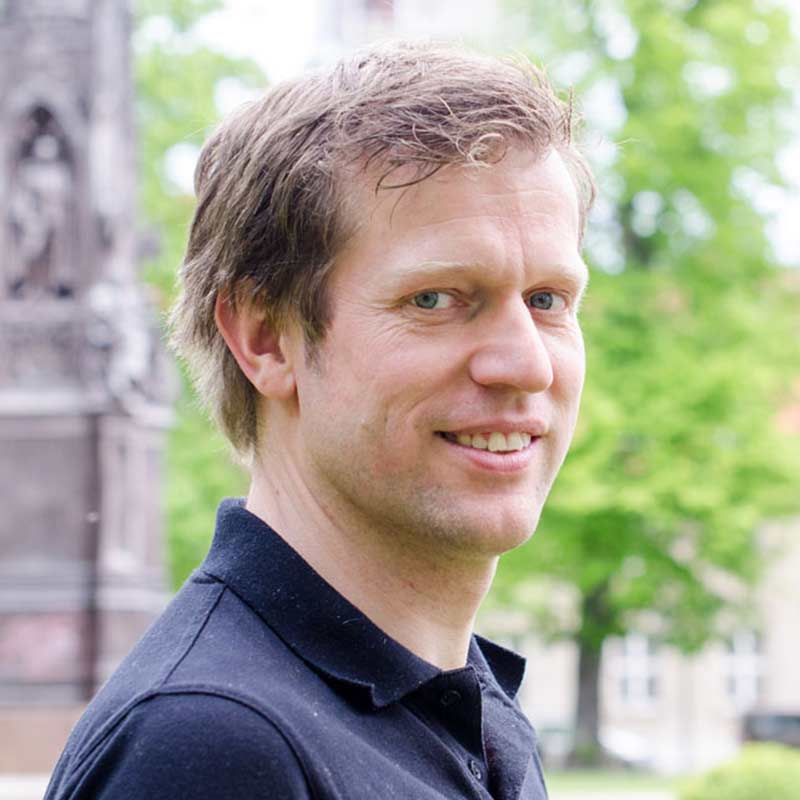 Dr. Stefan Ewert University of Greifswald |
| 🌍 | Seminar "Sustainable Mobility/Hydrogen Cars" What are the options towards a sustainable mobility solution? Hydrogen cars will be compared and options for maritime applications are described. | 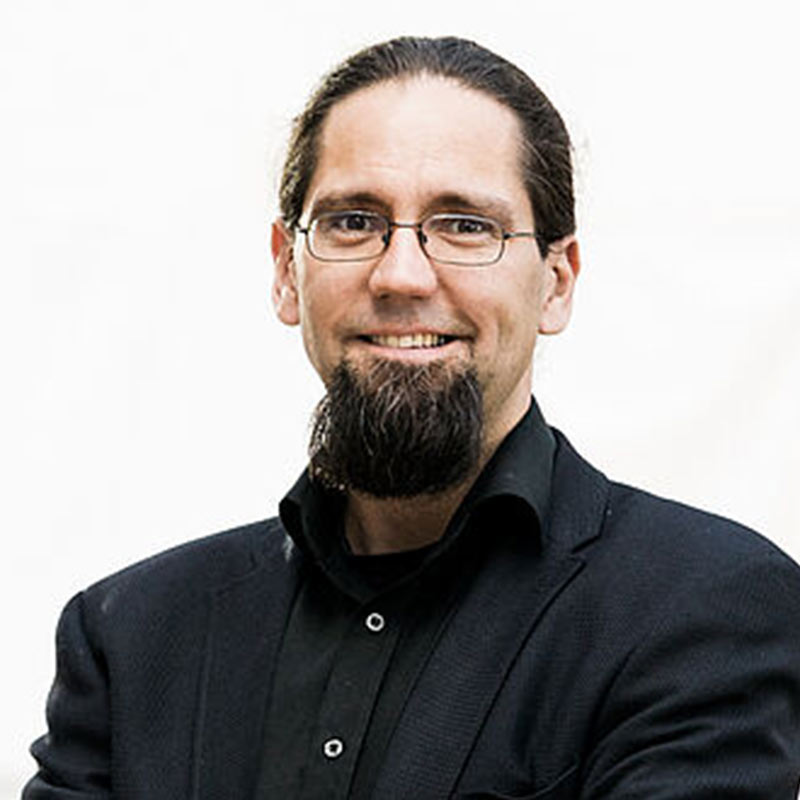 Prof. Dr. Johannes Gulden University of Applied Sciences Stralsund |
|
| 14:30 - 14:45 | ⏸️ | Break | |
| 14:45 - 15:45 | 🌍 | Seminar "The Myth of Sustainable Tourism" More than 30 years ago, the “Journal of Sustainable Tourism” was published, the first time, along with the Rio Conference a new area seemed to start back then. This session will address questions such as: What have we achieved the last 30 years in terms of sustainable tourism? Might the concept of sustainable tourism even has spurred on a less sustainable tourism industry? This session is aiming at provoking thoughts and opening up a forum for debate. It might even identify possible ways ahead based upon the support of the participants.
| 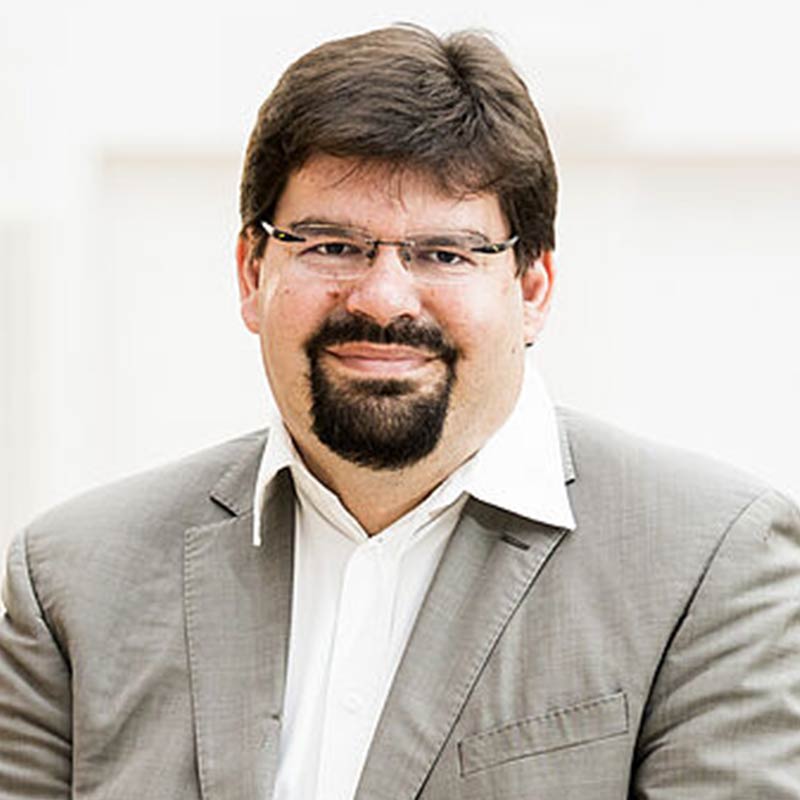 Prof. Dr. Werner Gronau University of Applied Sciences Stralsund |
| 🌍 | Seminar "Wind Energy Technology & Research at the University of Rostock" In this Lecture the present status of wind energy technology is reported. Fundamentals of wind turbines, the aerodynamics, mechanical and electrical concepts, are explained. A brief overview is given on research activities of the Institute of Wind Energy Technology. | 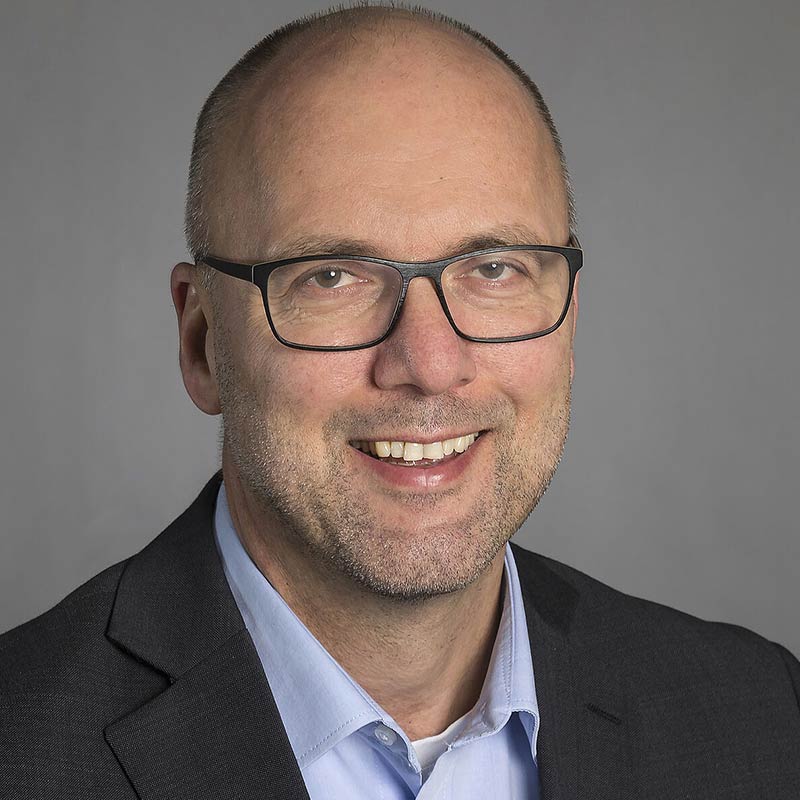 Prof. Dr. Uwe Ritschel University of Rostock |
|
| 15:45 - 16:00 | 👋 | Closing of the Day A brief closing statement to the day’s programme and pointers to extracurricular activities available. | |
| 16:00 - 17:30 | 👨👩👦👦 | Pub Quiz Take part in our pub quiz and get to know Germany, Mecklenburg-Vorpommern and the different university towns. |
| 11:00 - 12:00 | 👨👩👦👦 | Student Lounge The Student Lounge is a place for open exchange, networking and conversation. Meet other sustainability enthusiasts from our MV universities and around the world to review the day's sessions and deepen the discussions. | |
| 12:00 - 12:10 | 👋 | Welcome to the Day A brief introduction to the day’s programme and organisation | |
| 12:10 - 12:15 | ⏸️ | Break | |
| 12:15 - 15:45 | 🌍 | Workshop "Carbon Footprints" The workshop provides an introduction into methods and practical tools to calculate the greenhouse gas emissions ("carbon footprints") of (nearly) everything e.g. products, people, organisations, countries and globally. In the workshop participants will calculate and discuss greenhouse gas footprints using online tools. Finally the relevance of greenhouse gas accounting for a successful international climate policy will be discussed. | 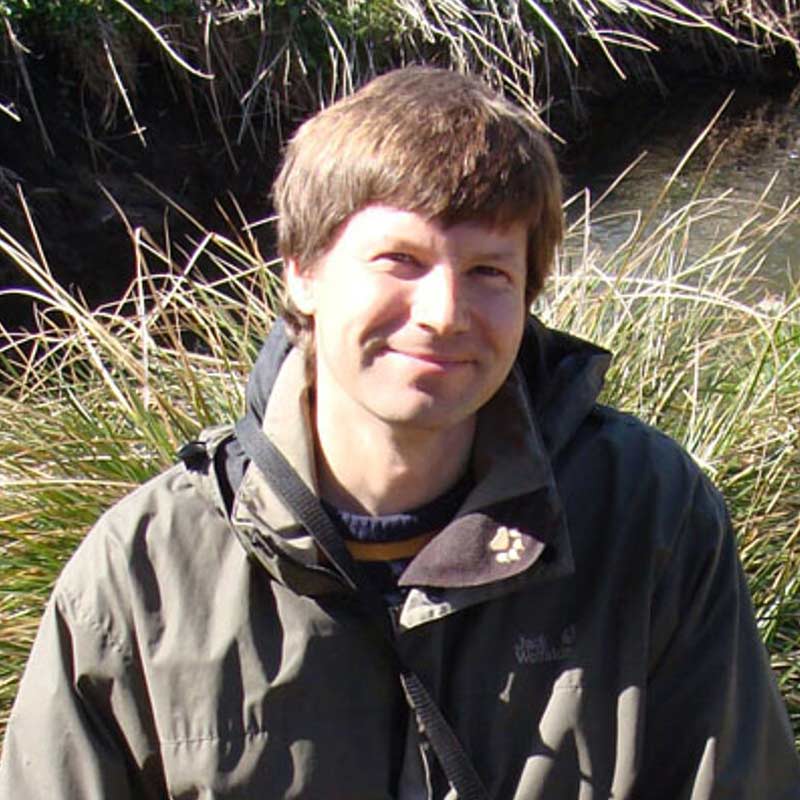 Dr. Tiemo Timmermann University of Greifswald |
| 12:15 - 14:30 | 🌍 | Online Lab Tour "World of Hydrogen" How can green hydrogen be produced? How can it be stored? How much energy is in it? How far can you get with a hydrogen vehicle? What else can hydrogen be used for? And what does all this have to do with the energy transition? Have you always wanted to learn more about hydrogen technology? At the Institute of Renewable Energy Systems (IRES) at Stralsund University of Applied Sciences, research on hydrogen technology has been going on for over 20 years. Here you can visit a wind/PV hydrogen cycle with a laboratory infrastructure of various applications on a pilot plant scale, which makes the technology tangible. From electrolysis to storage and power re-conversion via fuel cell systems - we show and explain hydrogen production and use as well as the current research questions. In addition to exciting experiments, there will also be the ThaiGer-H2 racing car to see. The hydrogen racing car is being built at Stralsund University of Applied Sciences since 2008 in the prototype category and has already been European champion in the Shell Eco Marathon 3 times! Curious about an online lab tour into the world of hydrogen and a chat with hydrogen expert Prof. Johannes Gulden? You are very welcome to participate and ask all your questions!
About the lab at IRES: The Institute of Renewable Energy Systems, founded by over 30 scientists, represents the joint commitment in applied research and practice-oriented teaching in the fields of renewable energy sources and hydrogen technology at the University of Stralsund. The purpose of the Institute’s scientific work is interdisciplinary research, teaching, training and further education as well as technology transfer in the field of modern energy systems with a focus on: • Use of renewable and alternative energy • Energy conversion, storage and use • Modelling and automation of related processes • Economic and environmental aspects of such energy systems | 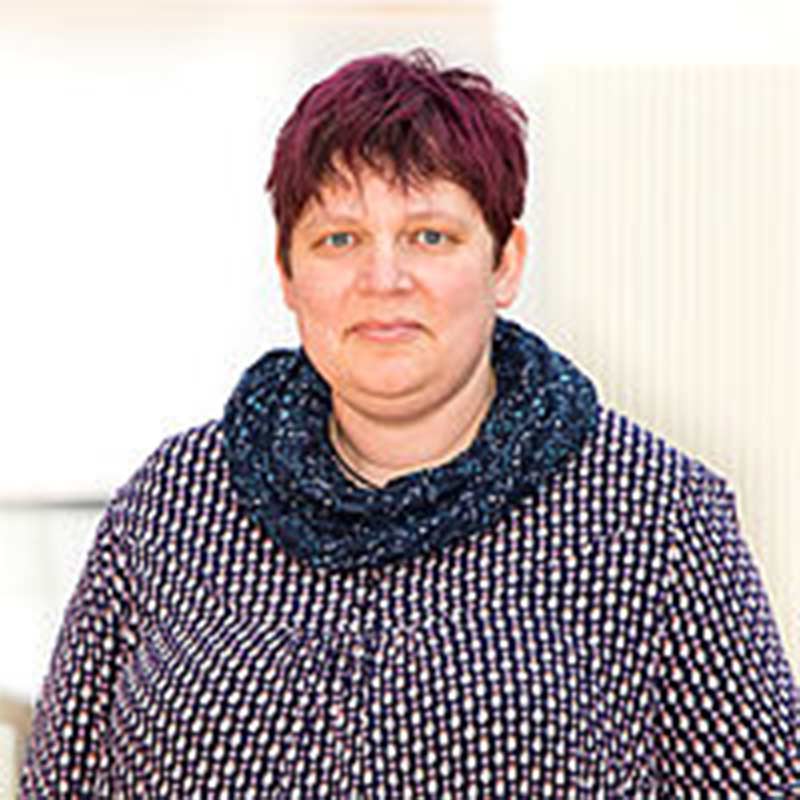 Romy Sommer University of Applied Sciences Stralsund |
| 12:15 - 13:15 | 🌍 | Seminar "Resource saving Technologies for Building Maintenance"Many aging structures have lost load-bearing capacity due to dynamic loads. The simplest solution here is often to deconstruct and rebuild the structure. With innovative technologies, many old buildings can be saved and a high consumption of resources can be avoided. Using two technologies that we have developed together with our students, we show how old bridges can be strengthened and how skyscrapers and wind turbines can be protected from earthquake loads and strong winds.
These methods are evaluated in terms of their economic, ecological and sociological effects and are compared with demolition and rebuilding the structure. | 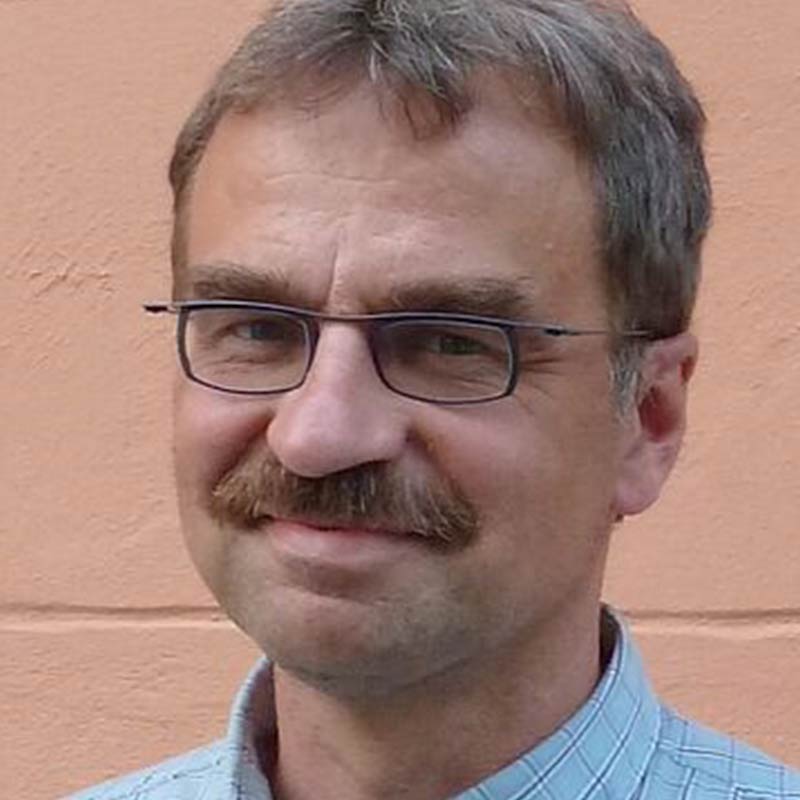 Prof. Dr. Kersten Latz 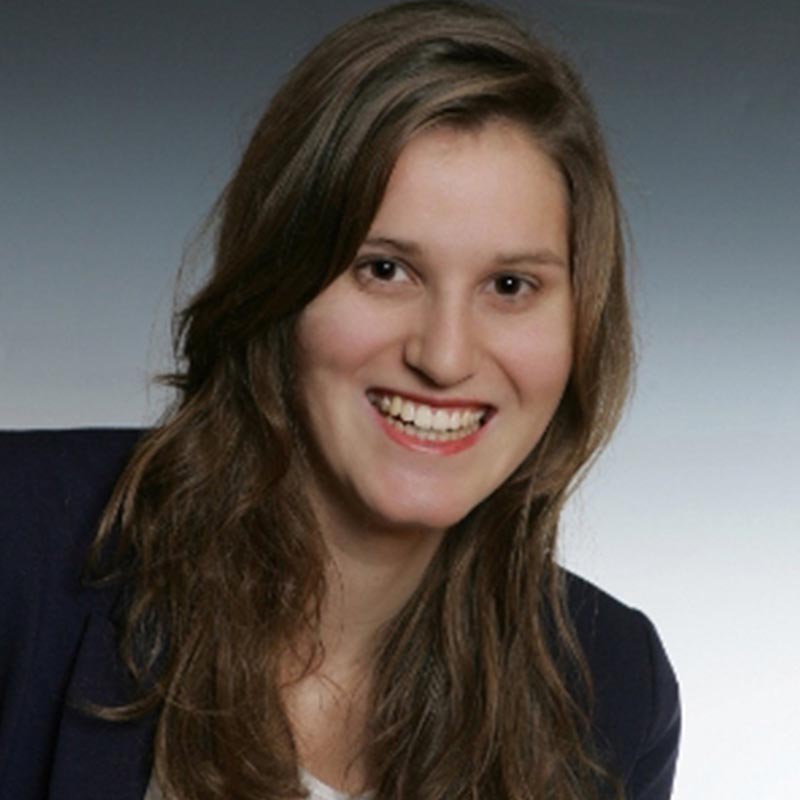 Natalie von Butler University of Applied Sciences Wismar |
| 13:15 - 13:30 | ⏸️ | Break | |
| 13:30 - 14:30 | 🌍 | Seminar "Hybrid Energy Storage System as Active Power Filter" The presentation is about the use of a hybrid energy storage system (HESS) as an active power filter for advantageously stabilize the volatile power output of a wind turbine. For this purpose, a HESS (25 kW / 25 kWh) consisting of lithium-ion batteries (200 x 3.2 V / 40 Ah) and double-layer capacitors (12 x 48 V / 156 F modules) was set up in the laboratory at Stralsund University. A fluctuating power conversion is simulated by a 20 kW engine test bench with an asynchronous generator. The HESS uses the advantageous properties of both energy storage technologies. These enable the power flow at the grid connection point to be stabilized, from highly dynamic load peaks to longer-term power changes in the hourly range. A major advantage of this storage combination is the reduced cycle load of the lithium ion batteries due to the corresponding use of the double-layer capacitors. A design of the HESS components optimized for the respective work cycle, together with optimized operation, ensures an increased service life of the LIB.
| 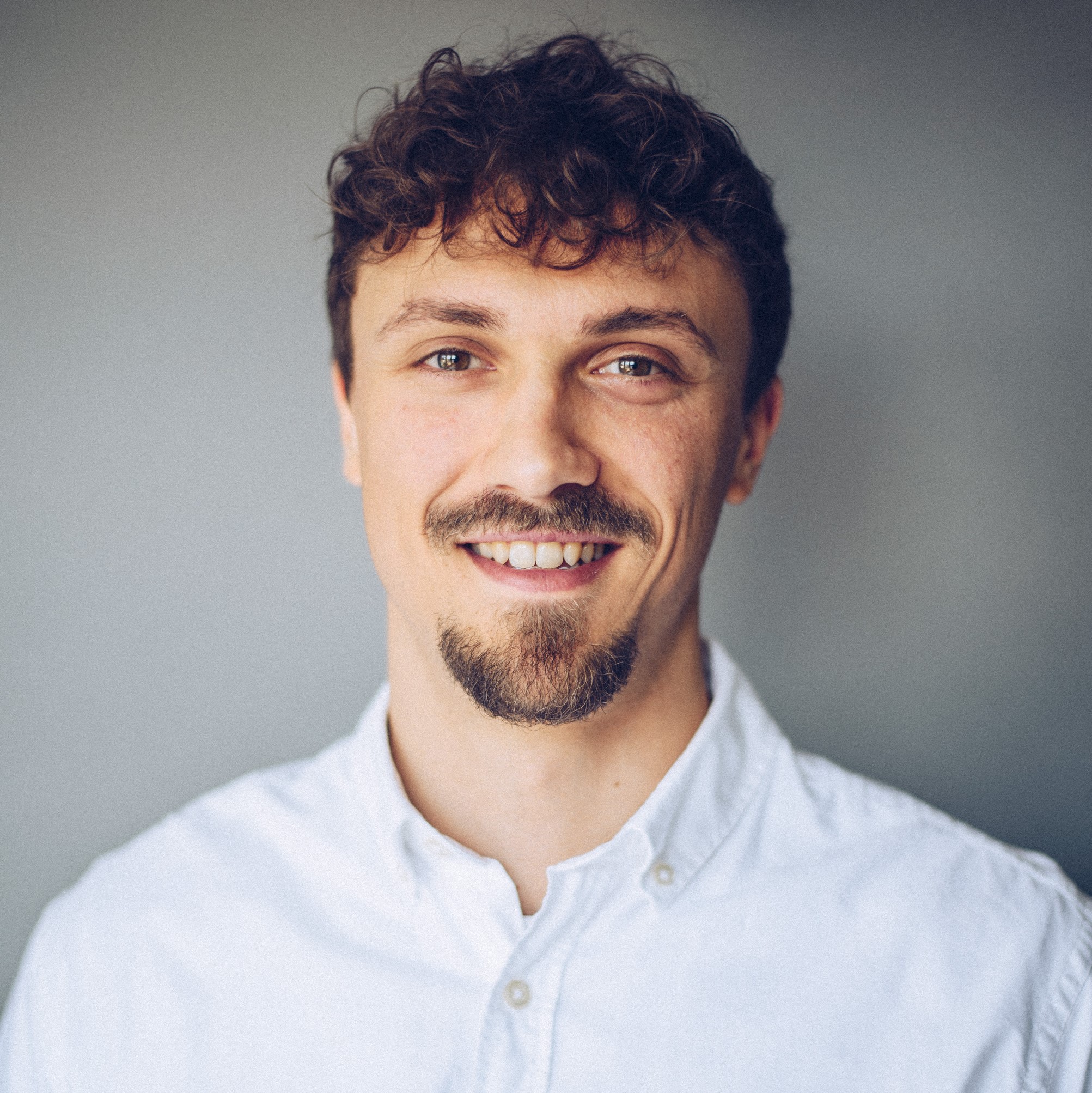 Ramy Soliman University of Applied Sciences Stralsund |
| 14:30 - 14:45 | ⏸️ | Break | |
| 14:45 - 15:45 | 🌍 | Seminar "Smart Bioenergy & Waste Management" Waste Management – history, current status and development towards a sustainable circular economy: One of the central global tasks for the future is to supply national economies with raw materials and energy in a way that is sustainable from an economic, environmental and social viewpoint. The circular economy can and must make an important contribution in this regard. The positive ecological effects of avoiding, recycling and disposing of waste in an environmentally sound manner have been proven by numerous scientific studies. In Germany, the environmental service branch contributes significantly to resource and climate protection. For instance, it is the most successful sector with respect to reducing CO2 emissions as required by the Kyoto Agreement, i.e. compared to 1990. It should be noted that many positive effects are not even attributed to the waste management sector, but to energy or other industries to which the waste management sector provides secondary fuels and resources. However, self-criticism demands us to note that we, in Germany, are only at the beginning of a long road, regarding not only the “Energiewende” (“energy turnaround”), but also a "raw materials turnaround". We are still far away from a real circular economy, with secondary raw materials making up less than 15 % of industry input!
Smart Bioenergy - the tasks in the sustainable energy system and the bioeconomy of the future: Germany's energy supply must change to renewable energies (RE) within the next two decades and the supply of organic raw materials to industry must shift as far as possible from petro-based to bio-based materials. In order to achieve climate neutrality – which Germany aims to do by 2045 already –, consistent energy saving efforts and a complete conversion to RE are required and, in addition, negative emissions must be generated. The material and energetic coupling and cascading use of biogenic resources is a central element of a climate-neutral society, and especially carbon and nutrient cycles must be closed to this end. This ambitious goal of long-term integration of biomass into a sustainable energy and bioeconomy system can only be achieved if biomass is used efficiently, in an environmentally sound manner and with the highest possible economic benefit (smart bioenergy). Today, bioenergy already holds a special position in the energy system. In 2020, it accounted for around 20 % of gross electricity generation from renewable energies and almost 90 % of both renewable heat and renewable transport fuels. | 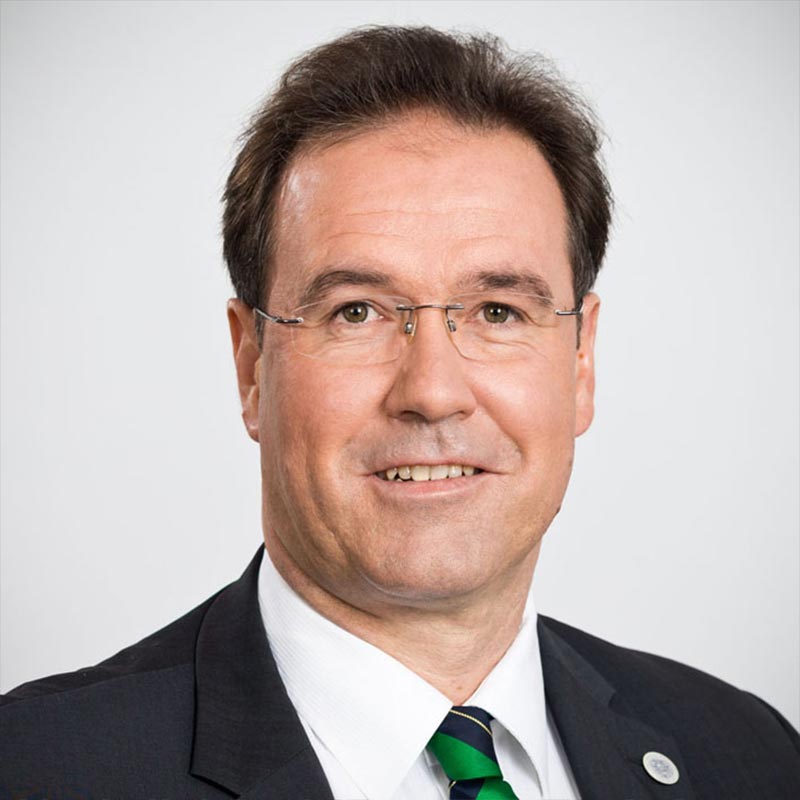 Prof. Dr. Michael Nelles University of Rostock |
| 🌍 | Seminar "Turning the Power of the Sun into Hydrogen Molecules" Being a source of unlimited power, the sun is ideal for producing electricity. However, the energy system of tomorrow does not only require electrons but also molecules, most importantly hydrogen. Is it possible to turn solar energy directly into H2 molecules? The talk will start with some foundations of photovoltaics (PV), before introducing combined PV/electrolyser systems. Finally, the lecture will take the audience to so-called photoelectrochemical cells, which directly turn photons into H2 molecules without the need of a separate electrolyser.
| 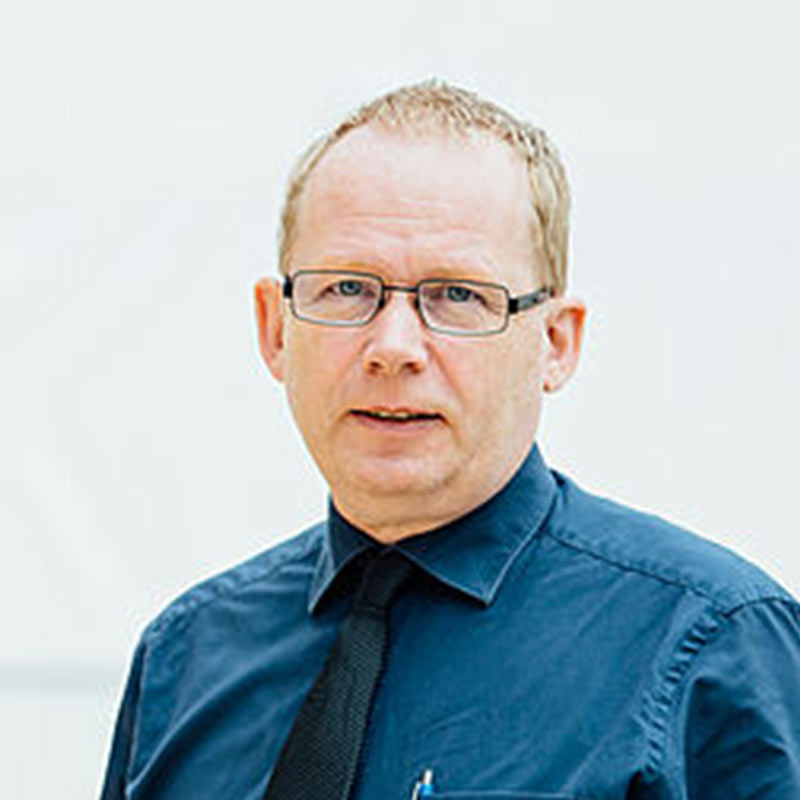 Prof. Dr. Jan-Christian Kuhr University of Applied Sciences Stralsund |
|
| 15:45 - 16:00 | 👋 | Closing of the Day A brief closing statement to the day’s programme and pointers to extracurricular activities available. | |
| 16:00 - 17:00 | 👨👩👦👦 | Student Lounge The Student Lounge is a place for open exchange, networking and conversation. Meet other sustainability enthusiasts from our MV universities and around the world to review the day's sessions and deepen the discussions. |
| 11:00 - 12:00 | 👨👩👦👦 | Student Lounge The Student Lounge is a place for open exchange, networking and conversation. Meet other sustainability enthusiasts from our MV universities and around the world to review the day's sessions and deepen the discussions. | |
| 12:00 - 12:10 | 👋 | Welcome to the Day A brief introduction to the day’s programme and organisation | |
| 12:10 - 12:15 | ⏸️ | Break | |
| 12:15 - 13:15 | 🌍 | Seminar "Using Light to Perform Chemistry" Chemical production chains have traditionally been designed to rely on fossil resources, which are needed both as a chemical feedstock, but also as energy source. For the chemical feedstock, various research initiatives target the use of biomass or greenhouse gases as alternatives to oil and gas. However, the use of sustainable options to provide the energy for the chemical transformations is no less important. In fact, due to the rich variety in chemical structures present in crude oil, the more and more precious residual amounts we have available should not be used to just burn them.
It is an intriguing idea to use the light of the sun directly to power chemical production processes. Some photochemical processes are already performed on an industrial scale, but they are highly specialized for niche applications and require highly energetic UV light. An alternative are photocatalytic processes, in which a light-activated material, often a semiconductor, acts as a catalyst to reduce activation barriers and improve selectivity. If less energy is needed to carry out the reaction, the much better available visible light can be used. Photocatalysis also offers the chance to broaden the scope of possible reactions. In this respect, in particular the activation of water and carbon dioxide, to produce hydrogen and other energy carriers, is a recent challenge that receives world-wide attention. Lastly, the light can also be used to induce an electrical current, either directly in a photoactive material that can catalyze the reaction, or in a solar cell that powers an electrochemical cell. Such (photo)electrochemical processes often promise higher efficiency, but the physical and chemical principles that govern the reaction progress are vastly different from “conventional” chemical production. The talk will provide an overview over the different varieties to conduct a reaction with light, and offer the possibility to critically discuss the pros and cons. | 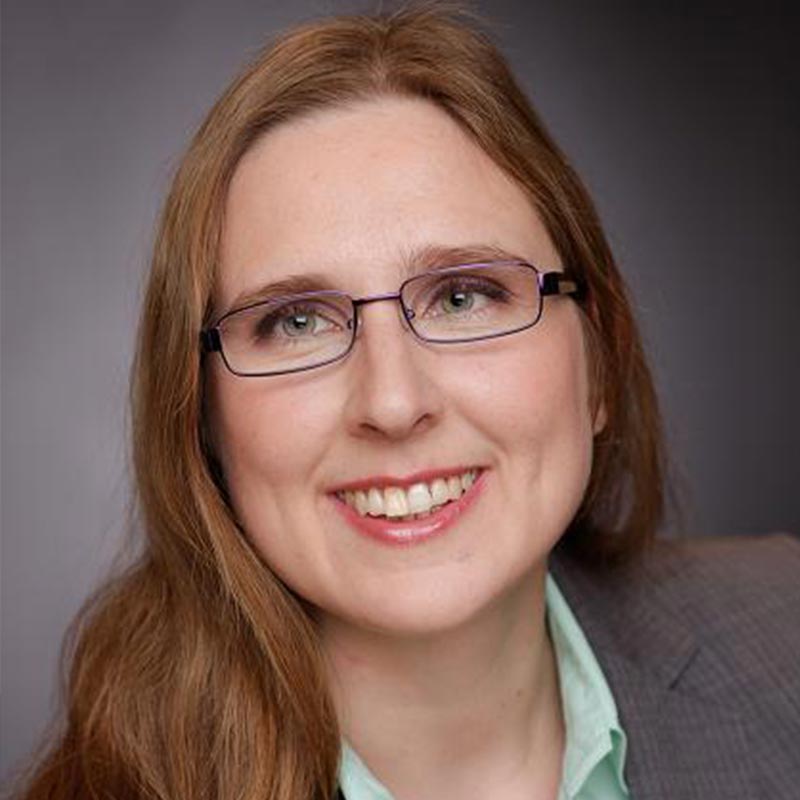 Prof. Dr. Jennifer Strunk University of Rostock |
| 🌍 | Seminar "When Tourists don’t walk their Talk: Bridging the Intention-behavior Gap among Sustainable Tourism Services" Consumers are paying increasing attention towards sustainable products and services such as ecological food, ethically produced clothes, or touristic offers. The tourism industry, can on the one hand lead to a global paradigm shift, but at the same time also causes serious negative ecological as well as ethical impacts. However, a shift toward sustainable tourism can only be achieved by consumers participation. But there is still a gap between consumers intention and actual behavior. In this session we will take a look on tourists’ behavioral barriers and investigate possible reasons and ways to overcome those barriers.
| 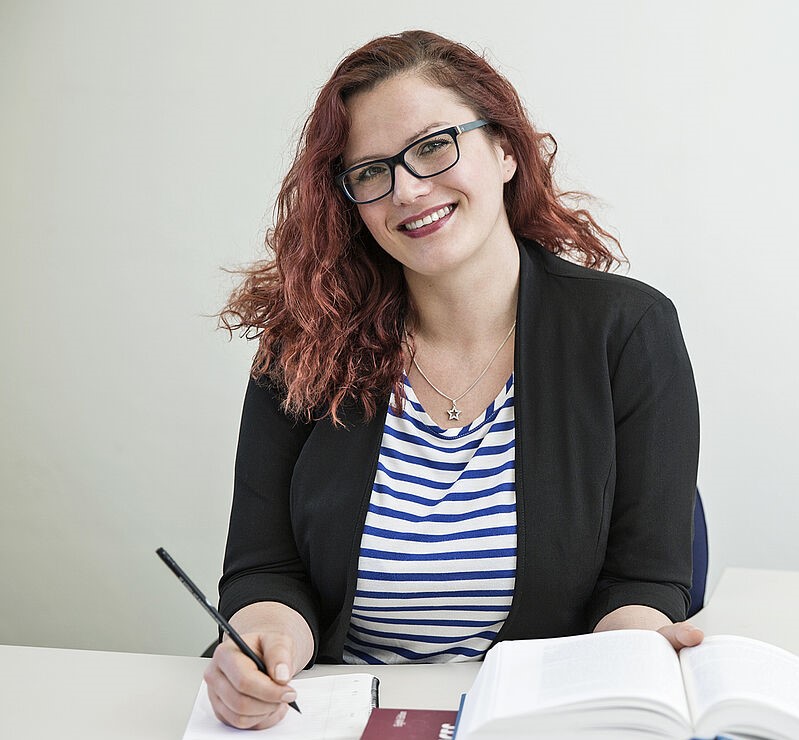 Dr. Maxi Bergel University of Rostock |
|
| 13:15 - 13:30 | ⏸️ | Break | |
| 13:30 - 14:30 | 🌍 | Seminar "The World of Recycling" The world is sinking into the garbage of the affluent society and humanity is mercilessly exploiting the world's resources! Especially young people have recognized, that things cannot go on like this. So, they look for ways to change the world and they become active. Upcycling, Downcycling and preferred Precycling are methods to reduce the mountains of trash. The speech shows ideas from multi- and intercultural student teams at Wismar University.
| 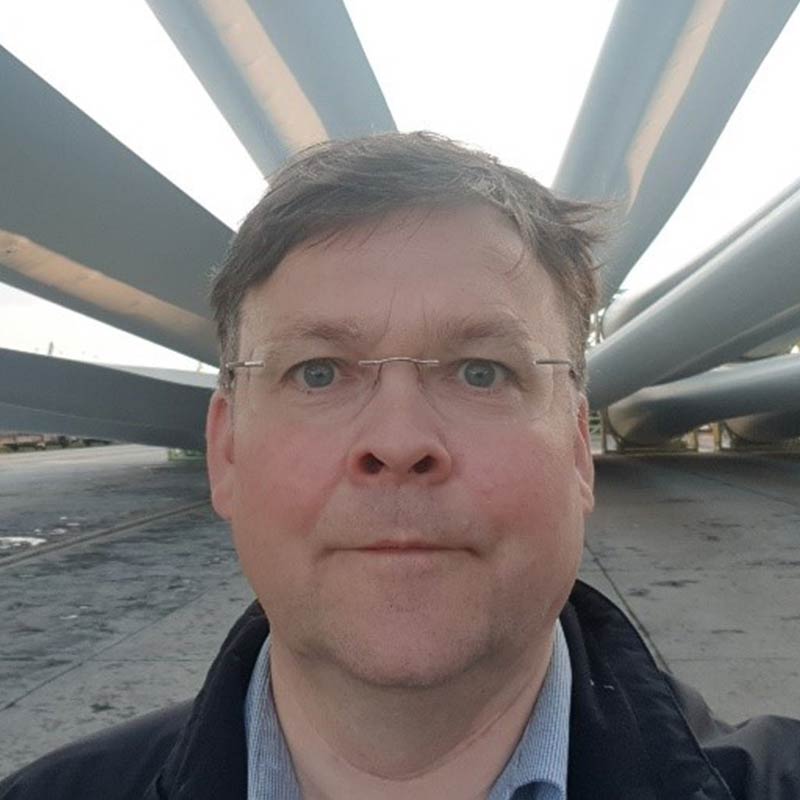 Prof. Dr. Henrik Schnegas University of Applied Sciences Wismar |
| 🌍 | Seminar "Human-centered AI and Digital Innovations for Sustainability" How can we use the potential of artificial intelligence and digital technologies for designing innovative solutions that can support more sustainable personal, economic and societal practices? This talk will give examples of AI applications and practical digital innovations for sustainability and discuss their design principles. This includes e.g. digital assistants, apps and smart dashboards that support behavioural change for more sustainable behaviour in everyday life (e.g. water and electricity consumption), or that support companies to increase energy efficiency in their operations and to realize new, sustainability-oriented services. The presented examples will demonstrate how we can design digital innovations and AI applications in a human-centric way that takes into account the ethical, environmental and societal issues of their use from the outset. This includes illustrating how AI applications for sustainability can be developed without large amounts of data and complex models to make them more easily understandable and their operation more sustainable.
| 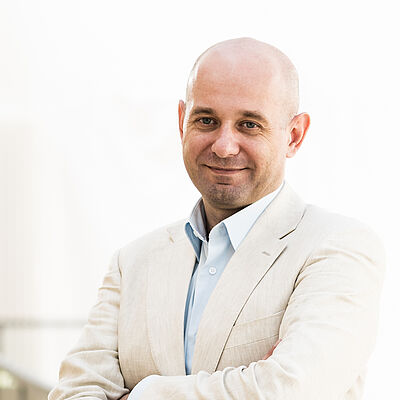 Prof. Dr. Jasminko Novak University of Applied Sciences Stralsund |
|
| 14:30 - 14:45 | ⏸️ | Break | |
| 14:45 - 15:45 | 🌍 | Seminar "Sphagnum Moss as 'a very cheap and useful Bandage' (obtainable at Apothecary Beckström in Neu-Strelitz). Compostable Bandaging Material around 1900." In the 19th and 20th century, the making of dressings used to be a task performed by nurses. Material like stypes, plasters and non-adherent dressings were mostly made from organic and renewable material and with due regard to asepsis. What kind of resources did they use and how could some ideas be interesting today? | 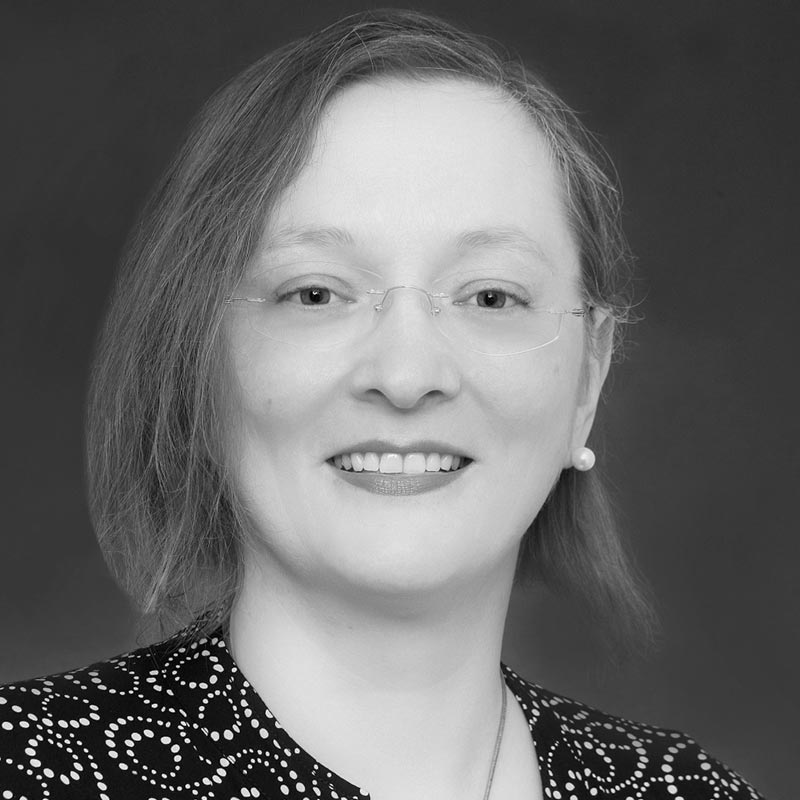 Dr. Anja Katharina Peters University of Applied Sciences Neubrandenburg |
| 15:45 - 16:00 | 👋 | Closing of the Day | |
| 16:00 - 17:00 | 👨👩👦👦 | Student Lounge The Student Lounge is a place for open exchange, networking and conversation. Meet other sustainability enthusiasts from our MV universities and around the world to review the day's sessions and deepen the discussions. |
| 11:00 - 12:00 | 👨👩👦👦 | Student Lounge | |
| 12:00 - 12:10 | 👋 | Welcome to the Day A brief introduction to the day’s programme and organisation | |
| 12:10 - 12:15 | ⏸️ | Break | |
| 12:15 - 13:15 | 🌍 | Round Table "Tipping Points for Sustainable Development - A Regional Perspective in MV" Here, potentials and challenges for sustainability in Mecklenburg-Vorpommern are discussed from different perspectives with panel guests from business, science and society. | |
| 13:15 - 13:30 | ⏸️ | Break | |
| 13:30 - 15:00 | 🌍 | Exhibition "Sustainability Initiatives" Meet MV sustainability initiatives and find out what student engagement on sustainability topics in MV can look like. Representatives, some current or former students of our MV universities, introduce their initiative and tell you more about their engagement, goals, target groups and which campaigns they are currently running. | |
| 15:00 - 16:30 | 👋 | Closing Concert SustainMV 2021 closes with a concert presented by the Rostock University of Music and Drama. Just take a seat and listen to the wonderful music. |